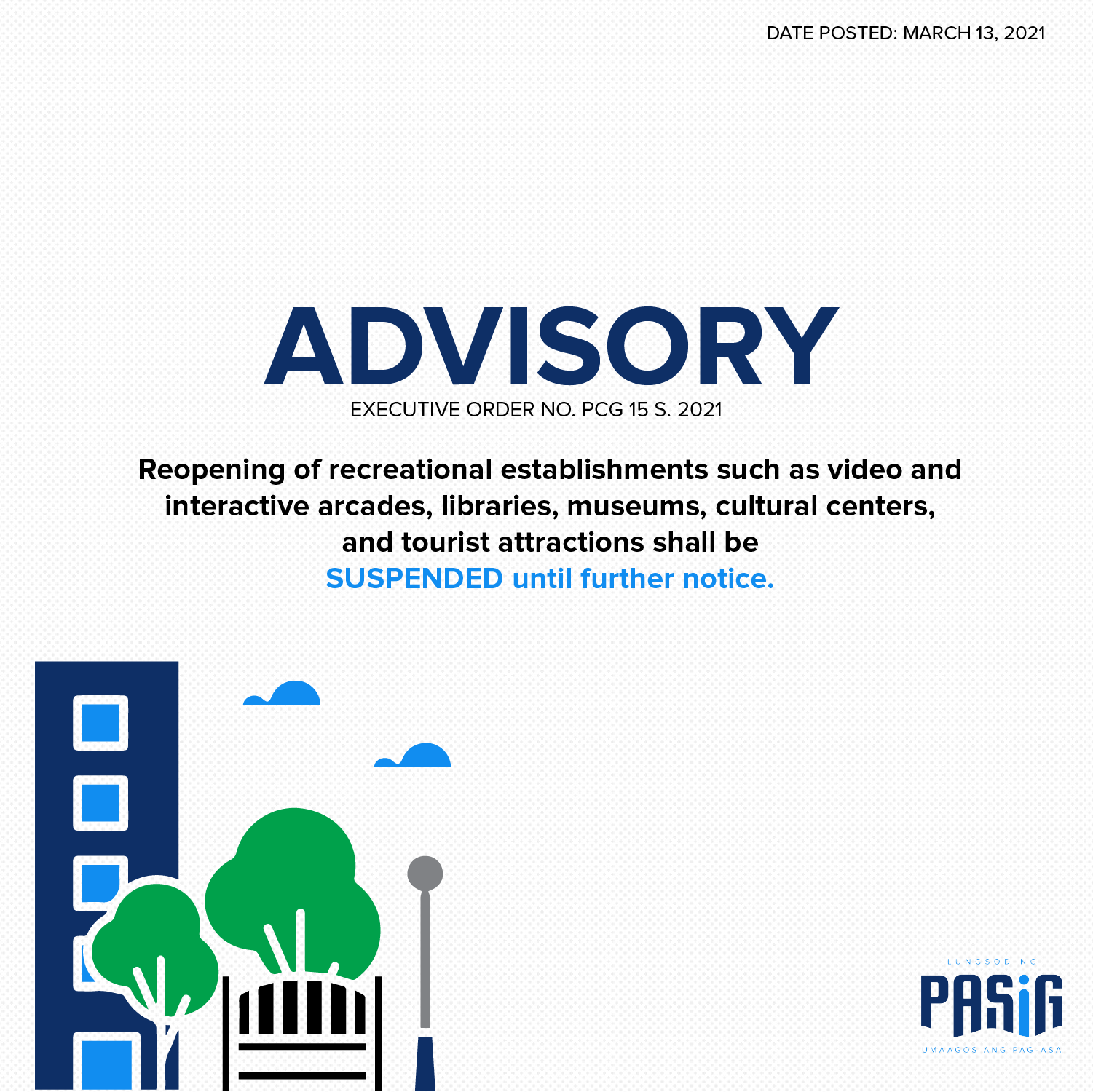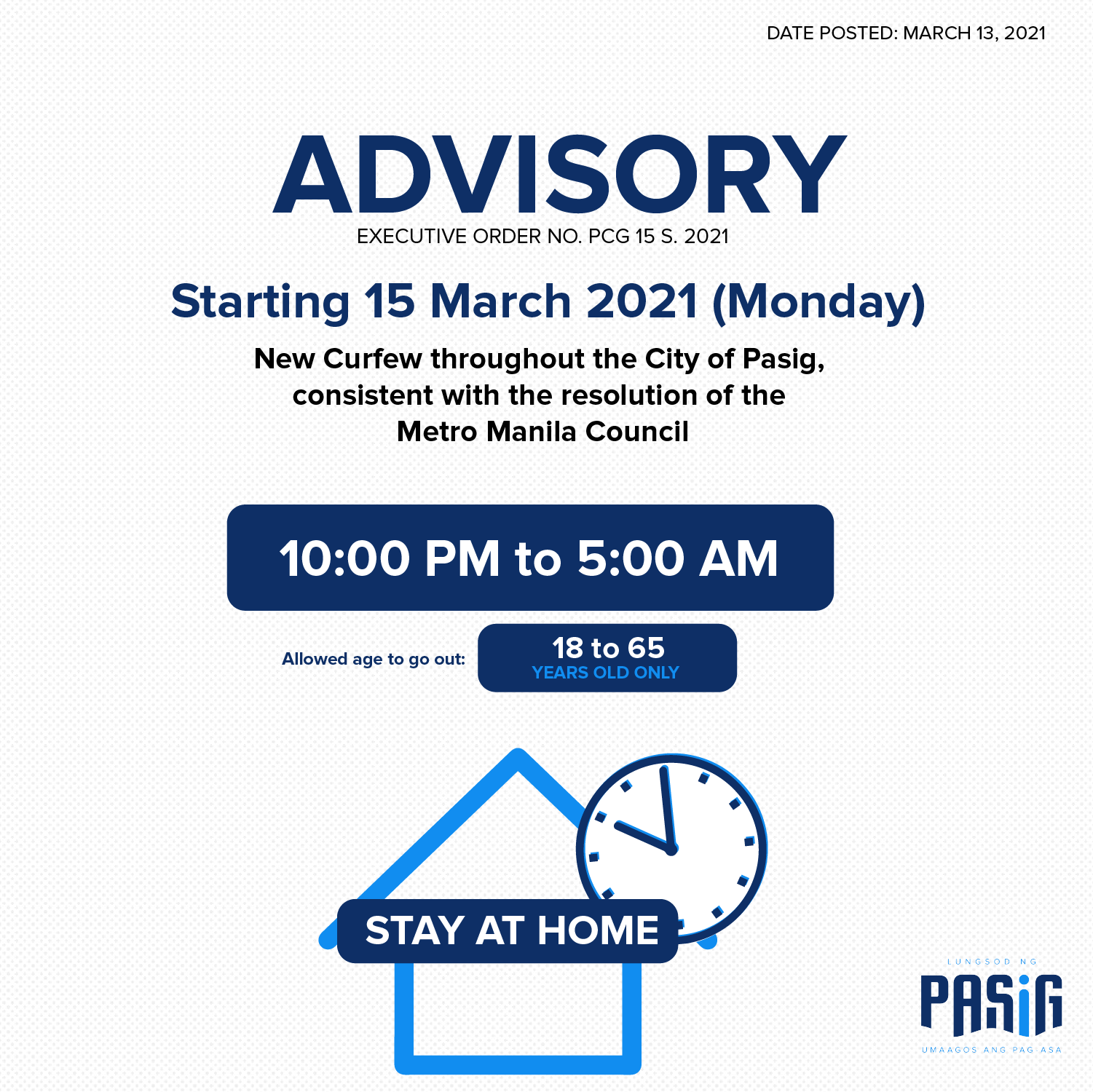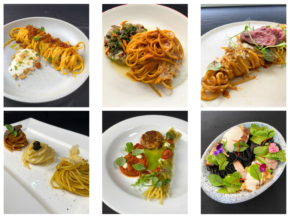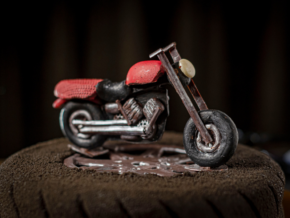Curfew Returns In NCR
The Metro Manila Council (MMC), composed of National Capital Region (NCR) mayors and national government officials, imposes a uniform and longer curfew hours starting March 15 in response to the surge of Covid-19 infections in the region.
Metro Manila Development Authority (MMDA) Chair Benjamin “Benhur” Abalos said the MMC agreed on implementing uniform curfew hours from 10 p.m. to 5 a.m. for two weeks in the NCR.
“A resolution is being drafted and will be signed by all mayors. This will only be for two weeks. Kung ito ay may improvement, maaaring tanggalin na po ito (if there will be an improvement, we may remove this),” Abalos said.
He said essential workers, such as those working for restaurant or food delivery services, will still be allowed outside during curfew hours but must present their work identification card or certificate.
“Even with the curfew, establishments like food deliveries can operate 24 hours, yung mga (those) essential services,” Abalos said.
The decision, he said, was made after health experts from the Department of Health (DOH) and the University of the Philippines (UP) OCTA Research team warned the MMC of the “alarming” number of new Covid-19 cases.
“We had a meeting with the UP OCTA Research team. And from February 4 to 10, new cases per day is at 360. From March 4 to 10—from 360—it reached 1,411 in the NCR. And according to their figures, from 8 percent of new cases, it reached 60 percent from March 4 to 10. The numbers are quite alarming as far as NCR mayors are concerned,” Abalos said.
CONTRACT TRACING
To help increase contact tracing efforts, he said the MMDA will send 300 contact tracers to local government units (LGU) in NCR, aside from the 360 contact tracers from the Philippine National Police (PNP).
He said the MMC also sought the help of the Department of the Interior and Local Government (DILG) to provide experienced contact tracers.
 IMAGE from Pasig City Information
IMAGE from Pasig City Information
GRANULAR LOCKDOWNS
To avoid further spread of Covid-19, he said the MMC will focus on “granular lockdowns” or implementing lockdowns in small areas such as streets or barangays with high number of infections.
He said barangay officials and the police will be ordered to strictly enforce minimum health standards such as wearing face masks and face shields and proper physical distancing, noting that the spike in Covid-19 cases may be caused by the “lax” observance of these policies aside from the spread of the more infectious UK and South African variants.
While LGUs NCR opted to impose uniform curfew hours, Abalos said sanctions on violators may vary depending on the ordinance of each LGU.
He urged the public to comply with the curfew and other health policies, noting that individual discipline is key to avoiding further spread of Covid-19.
 IMAGE from Pasig City Information
IMAGE from Pasig City Information
DEPLOYMENT OF COPS
The Philippine National Police (PNP) will deploy thousands of policemen to enforce unified curfew hours from 10 p.m. to 5 a.m. starting Monday in Metro Manila.
PNP officer in charge Lt. Gen. Guillermo Eleazar said the deployment of additional cops aims “to address the spike in Covid-19 cases.”
“In consultation with our Chief PNP, Gen. Debold Sinas, I have ordered the deployment of additional policemen to augment the National Capital Region Police Office (NCRPO) in the implementation of uniform curfew hours in Metro Manila from March 15 to March 31, 2021,” Eleazar said.
A total of 9,634 policemen from the Quezon City Police District, Manila Police District, Eastern Police District, Northern Police District and Southern Police District will also be deployed to assist to enforce the curfew, he said.
Eleazar said the deployment includes the setting up of more than 373 checkpoints in various strategic areas which will be reinforced by beat and mobile car patrollers at the barangay level.
“The mission is plain and simple: All police forces will strictly implement the Uniform Curfew Hours from 10 p.m. to 5 a.m. and will ensure that people in Metro Manila observe the minimum health safety standard protocol,” he said.
He said the strong police visibility in Metro Manila is anchored on the tried and tested formula which was implemented in Metro Manila in April last year and in Cebu City in June also last year.
Eleazar, also commander of the PNP Administrative Support on Covid-19 Task Force, assured the PNP personnel who will be deployed will be provided with maximum protection against the Covid-19.
Joint Task Force COVID Shield chief Lt. Gen. Cesar Hawthorne Binag said all cops will undergo a pre-deployment briefing to reiterate the existing policies especially from the Inter-Agency Task Force for the Management of Emerging Infectious Diseases (IATF-EID) and the rules on regulations on uniform curfew hours from the Metro Manila Council.
For the information of the public and to avoid confusion in the implementation of the uniform curfew hours, Eleazar said exempted from the implementation of the curfew hours are:
— Medical practitioners, nurses, ambulance drivers and other workers of medical facilities while on their way to and from work;
— Attendants of other persons dealing with an emergency medical situation;
— Persons who are obtaining emergency medical assistance for themselves or for other persons;
— Drivers of delivery trucks while on their way to deliver essential goods/products;
— Owners, vendors, and other persons involved in the transport and delivery of essential goods;
— Private employees such as call center agents while on their way to and from work;
— Construction workers while on their way to and from work;
— Media practitioners while performing their job;
— Persons who are travelling to or from airport prior to or after a flight;
— Drivers of private transportation used as shuttle services while on their way to and from work;
— Members of Law Enforcement Agencies (LEAs), including Armed Forces of the Philippines, Philippine Coast Guard, Bureau of Fire Protection, and other emergency responders;
— security guards; and employees of open fast-foods (take out only).
Source: Philippine News Agency













